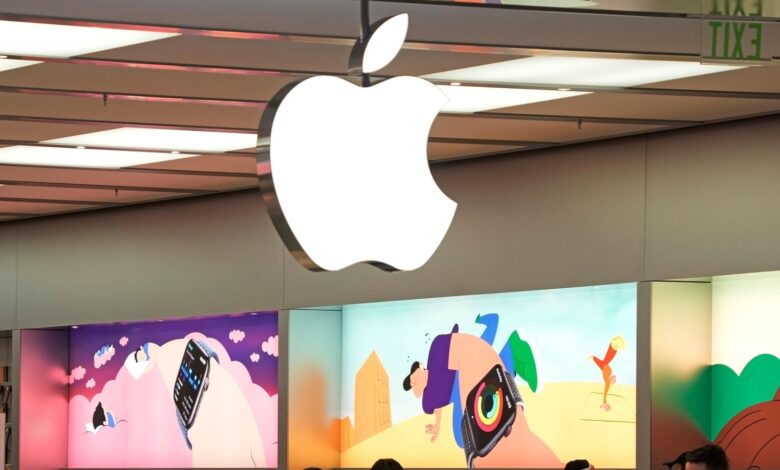Indian Government Imposes Restrictions on Apple, Dell, and Samsung in India, Causing Setback

India has recently announced that it will impose a licensing requirement for the import of laptops, tablets, and personal computers. This move is expected to have a significant impact on major companies like Apple, Dell, and Samsung, who may now be forced to focus on boosting local manufacturing. While the current regulations allow these companies to freely import their products into India, the new rule will necessitate obtaining a special license for these items, similar to the restrictions imposed on inbound TV shipments last year.
Industry executives have expressed concerns about the potential repercussions of this licensing regime. They anticipate that each new model launch would be subjected to prolonged wait times, especially considering that this announcement comes just before the festive season in India, when sales typically surge. The government has not provided any specific reasons for implementing this rule. However, Prime Minister Narendra Modi’s administration has been actively promoting local manufacturing and discouraging imports as part of the “Make in India” plan.
According to government data, India’s electronics imports, including laptops, tablets, and personal computers, reached $19.7 billion in the April to June period, demonstrating a year-on-year increase of 6.25%. Laptops, tablets, and personal computers account for approximately 1.5% of India’s total annual imports, with nearly half of these products originating from China.
Notably, a considerable percentage of Apple’s iPads and Dell’s laptops are imported rather than manufactured locally in India. Analysts suggest that the government’s intention behind this new licensing requirement is the substitution of heavily imported goods with domestically produced alternatives. However, no official comments have been provided by Apple, Dell, and Samsung regarding this development.
This regulatory change is predicted to benefit contract manufacturers like Dixon Technologies, whose shares rose by more than 7% following the news. As Ali Akhtar Jafri, former director general at electronics industry body MAIT, explains, the spirit of this move is to push manufacturing to India and accelerate the “Make in India” initiative.
In addition to the import licensing requirement, the Indian government has also extended the deadline for companies to apply for a $2 billion incentive scheme aimed at attracting big-ticket investments in IT hardware manufacturing. This scheme covers products such as laptops, tablets, personal computers, and servers. It plays a pivotal role in India’s aspirations to become a prominent player in the global electronics supply chain, with a target of achieving annual production worth $300 billion by 2026. In the past, India has implemented high tariffs on products like mobile phones as part of its strategy to stimulate domestic output.
In summary, the Indian government’s decision to impose an import licensing requirement for laptops, tablets, and personal computers is likely to have a significant impact on major tech companies like Apple, Dell, and Samsung. This move aligns with India’s efforts to promote local manufacturing and reduce reliance on imports. It remains to be seen how these companies will adapt to this new regulation and whether it will successfully incentivize increased domestic production.
Perspective: As countries strive to bolster their domestic manufacturing sectors, policies like the import licensing requirement imposed by the Indian government become more common. While this move may pose challenges for global tech giants, it also presents an opportunity for local manufacturers to thrive. By shifting the manufacturing of these products to India, the country aims to establish itself as a key player in the global electronics supply chain. This not only has economic benefits but also contributes to skill development and job creation within the country. As consumers, we can expect to see more made-in-India electronics in the future, offering us a wider range of options while supporting local industries.




